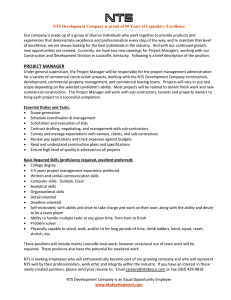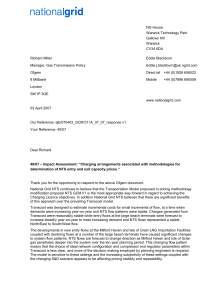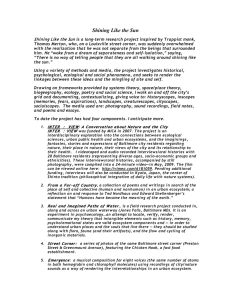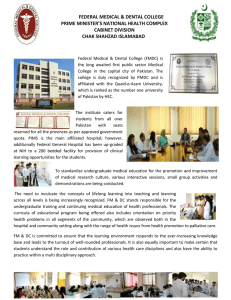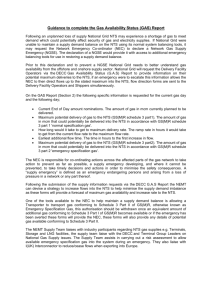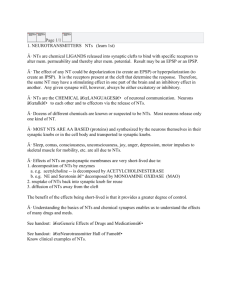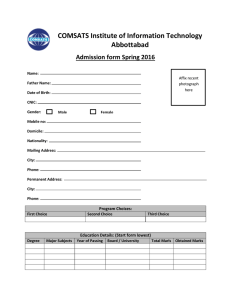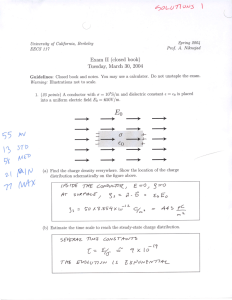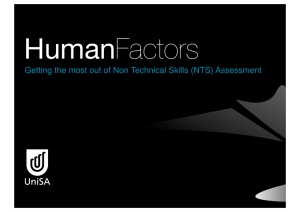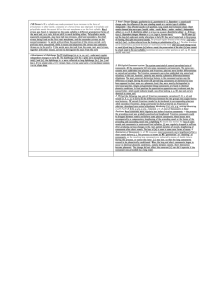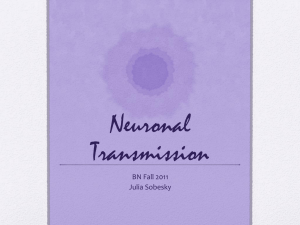Non Technical Skills
advertisement
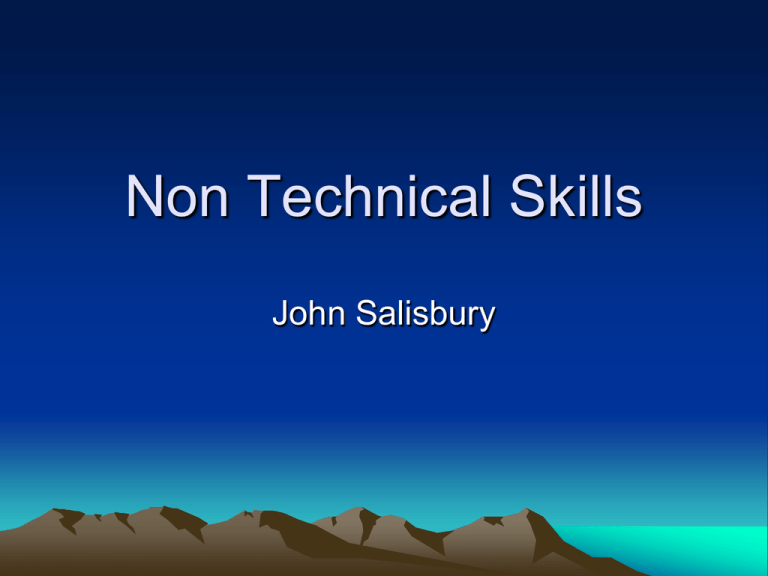
Non Technical Skills John Salisbury What are non technical skills? John Salisbury • Non-technical skills are a combination of cognitive (for example, decision making) and social skills (for example, team working), which complement knowledge and technical skills and contribute to safe performance. Aims • Why NTS are so important • What they are • How you can improve them Origins of NTS • http://www.youtube.com/watch?v=mLFZTzR5u84 • 2 High profile air crashes with many casualties. • Looked at causes of these and other air disasters and near misses. • Realised 70 to 90 % due to crew error. • Since then extrapolated to many other high risk industries including medical teams. Similar results. Relevance to you! • In USA estimated that 44 to 98000 people die every year because of medical mishap. • 70-90 % of these incidents are due to a failure of NTS. • Its very important! • Recognised by WHO that training needs to start at beginning of medical school. • NTS will play an increasingly important part of undergrad and postgrad assessment “To err is human to forgive divine” Alexander Pope 1709 Swiss cheese model (Reason J 1990) What are the NTS applicable to medicine? Some NTS applicable to medicine • • • • • • • Situational awareness Decision making Communication Team working Leadership Managing stress Coping with fatigue What is situational awareness? • “What you need to know not to be surprised” Kelly and Thompson 2005 • Knowing what the ***** is going on! Why is this car braking? Too late now! Decision making Medical decision making is hard because : 1)Ultimate complex system 2)Incomplete information 3)High stakes 4)Many pressures eg time Decision making • Stop and think • Use of all of the team • Use CLEAR CLEAR • • • • • Clarify the problem Look for and share information Evaluate options Act ie decide communicate act Review how’s it going, may need to start again! Communication • Oral and written. Clear notes. • Use of tools eg SBAR. Paraphrase check understanding • Giving info speak up if unhappy be assertive but polite • Include context and background • Rec information, encourage dissent • Min distractions Team working • • • • Support Conflict resolution Exchange information Coordinate actions Managing stress • Awareness of effects on self. Perception of control. • Performance arousal curve • Deliberate calm.Hudson river crash audio Performance arousal curve Coping with fatigue • Recognition of it in yourself • Recognise its effects • Coping mechs • http://www.who.int/patientsafety/education/ curriculum/EN_PSP_Education_Medical_ Curriculum/en/index.html • http://www.chfg.org/ • http://www.abdn.ac.uk/iprc/uploads/files/Br omiley%20and%20Mitchell%20article.pdf Human Factors Investigation Tool Gordon et al 2005, Industrial Psychology Research Centre, Aberdeen Your brain at work Rational Brain Stimulus Senses STM Outputs Emotional Brain LTM
